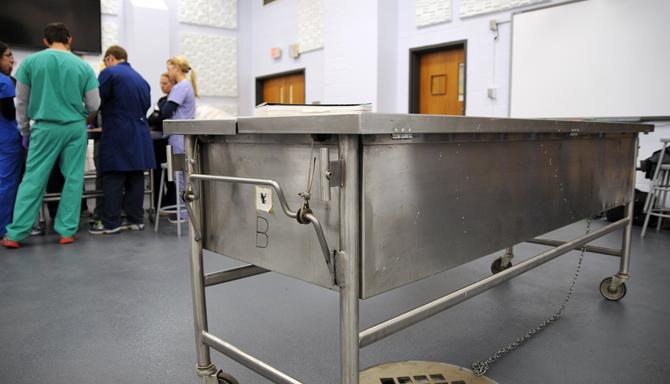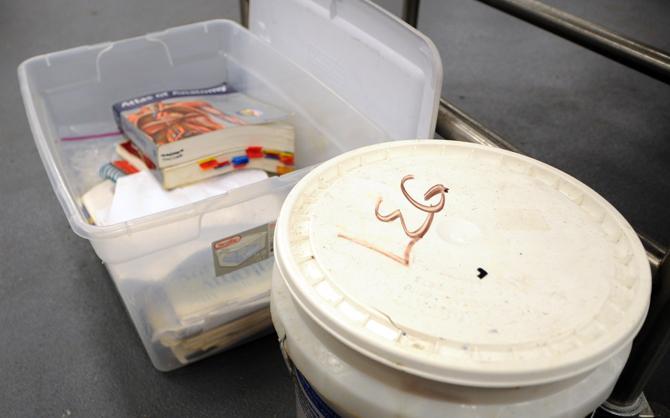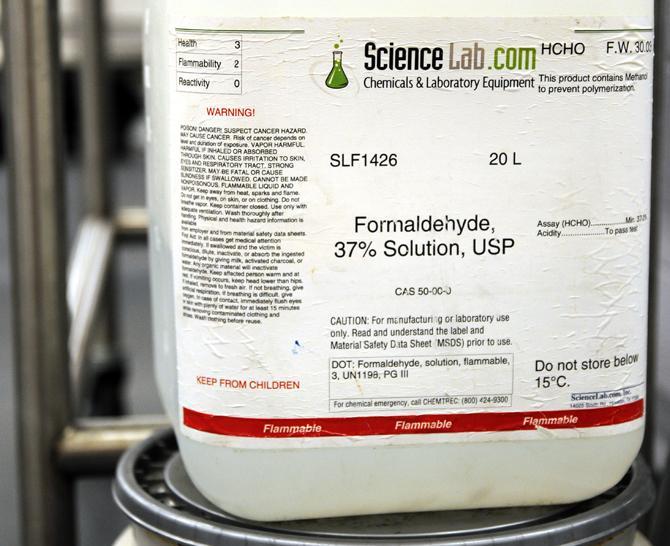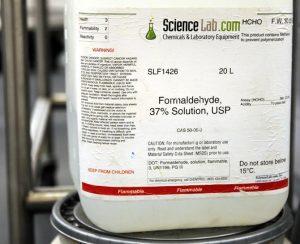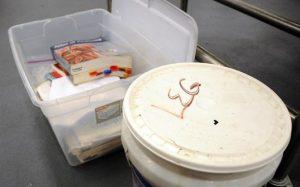Whole body donation was once taboo, but recent data suggests the practice is becoming more acceptable and appreciated in Louisiana — and the University is helping to promote this trend.
Statistics provided by the University’s Health Sciences Center in New Orleans indicate that full body donations to its Bureau of Anatomical Services increased by 38 percent between 2009 and 2013.
Changing cultural attitudes toward body donation have affected this trend, and according to kinesiology professor Dennis Landin, programs like the University’s undergraduate cadaver lab have directly affected the way people view body donation.
“Some people who encounter their first cadavers are squeamish about the idea, but their opinions almost always change after they work with them,” Landin said.
Landin organized the lab with assistant professors Melissa Thompson and Wanda Hargroder following Hurricane Katrina in 2005. After Katrina hit, the LSU Health Sciences Center in New Orleans transported some of its cadavers to the University’s School of Veterinary Medicine in Baton Rouge. The professors developed a plan to create the classes and worked with the Health Sciences Center to realize their plan.
The lab is operated by the University’s School of Veterinary Medicine and is used in two different classes: KIN 3519, cadaver prosection, and KIN 4519, cadaver dissection.
Landin said more and more students enroll in the classes each year, and the lab would not be possible without a steady influx of body donors.
Julie Martin, kinesiology senior, said public knowledge of the direct benefits of cadaver research probably plays a role in making body donations more socially acceptable. Martin has taken both undergraduate cadaver labs and currently serves as a teaching assistant for the prosection lab. As a pre-physical therapy student, Martin has experienced the benefits that body donation provides firsthand.
“There’s no other lab like this in the state, and not many at all in the country, so it helps students stand out in their applications to professional schools,” Martin said.
Bodies that don’t arrive at the Baton Rouge campus are used by students and professionals alike at the University’s medical school in New Orleans. Cadavers have been used to develop treatments for cancer, multiple sclerosis and other life-threatening conditions.
University medical students typically use cadavers to gain experience with human anatomy before they operate on live subjects, while researchers use them to develop new and better surgical practices.
Opinions of students at the University largely mirror the overall trend in Louisiana. Of 20 students surveyed, 19 said they have no moral objection to body donations, and five of those said they would consider donating their bodies to science, though 10 students opted not to comment.
Students willing to consider body donation cited a desire to assist scientific and medical advancement as reasons. Tyler Hermann, physics freshman, said body donation was a good way of putting an otherwise wasteful process to use.
“Once you’re dead, the best thing you can do with your body is allow it to help people,” Hermann said.
Students who were not willing to consider donation said they respected the practice, but they alluded to personal objections to donating their own bodies.
Destiny Johnson, management freshman, said she wanted to respect familial funeral traditions and thus would not consider donating her body to science.
“We don’t mess with that,” Johnson said.
Other students also cited the rising cost of funerals as a reason to donate their bodies. The National Funeral Directors Association estimates that the average cost of funerals has risen by 7 percent since 2009, but quotes from local funeral homes indicate that this estimation is modest.
Most funeral homes in Baton Rouge price the components of funerals separately. Caskets alone can cost between $2,500 and $10,000, and traditional funeral services and burials can cost up to $10,000.
Body donation is an attractive prospect for those who lack the funds to make such arrangements. Body transportation services can cost up to $2,000, but the University covers this cost for the families of body donors as well as the cost of cremation once the bodies have fulfilled their scientific purposes.
“Once you’re dead, the best thing you can do with your body is allow it to help people.”
Body donation rate increasing in Louisiana
By Panya Kroun
March 25, 2014
Louisiana body donation to science has risen 38 percent in the last four years due to increased funeral cost and could potentially rise even more with future legislation.



